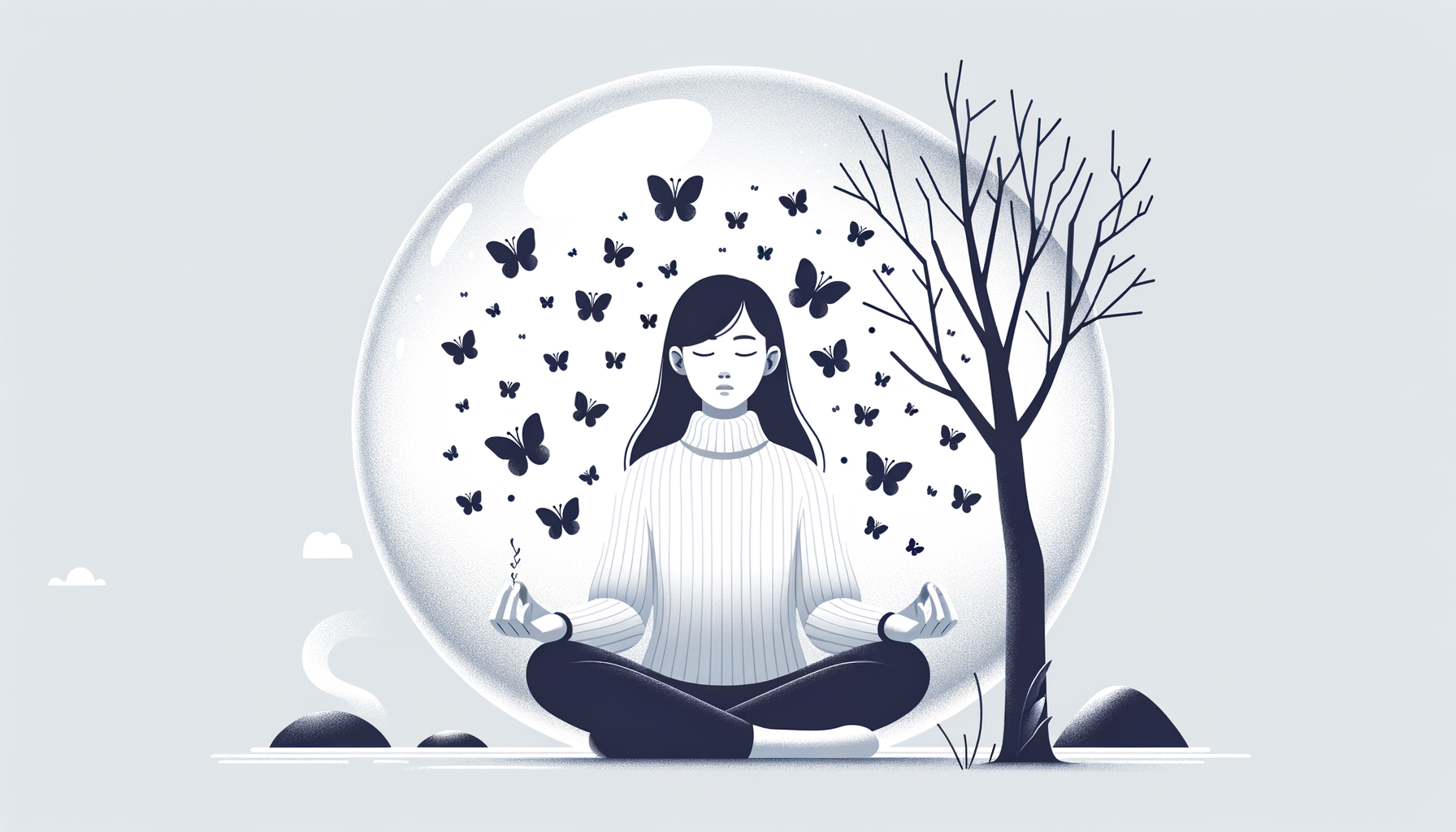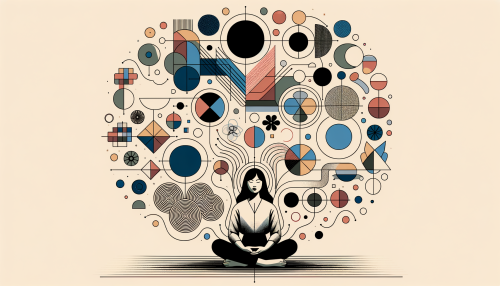Introduction
In the labyrinth of life, we often find ourselves ensnared in the clutches of an invisible beast known as anxiety. This elusive creature, though unseen, leaves a profound impact on our mental landscape, casting long shadows of doubt, fear, and unease. However, the power to overcome this beast lies within us. This article aims to illuminate the path towards a calmer mind, providing effective techniques to conquer anxiety.
Understanding Anxiety

Anxiety, a ubiquitous part of the human experience, is akin to a chameleon, changing its form and intensity based on individual perceptions and circumstances. It is a complex tapestry woven from threads of worry, fear, and apprehension, often triggered by perceived threats, whether real or imagined. Understanding anxiety is akin to deciphering a cryptic puzzle, requiring a deep dive into the labyrinth of our minds.
The first step towards understanding anxiety is acknowledging its existence. It is a silent specter that often lurks in the shadows, its presence felt but not always recognized. It manifests in various forms, from a gnawing unease to a paralyzing fear, often accompanied by physical symptoms such as palpitations, sweating, and trembling.
The second step is to comprehend the triggers of anxiety. These triggers are as diverse as the individuals experiencing them, ranging from personal issues to professional challenges, health concerns to financial worries. Identifying these triggers is akin to mapping the terrain of our minds, providing valuable insights into the patterns of our anxiety.
The final step is to understand the impact of anxiety on our lives. It is a disruptive force that can hinder our daily activities, strain our relationships, and impede our personal growth. By recognizing the toll it takes on our mental and physical health, we can better appreciate the need for effective strategies to manage and overcome it.
Mindfulness Techniques
Mindfulness, a practice rooted in ancient wisdom, has emerged as a potent antidote to the venom of anxiety. It is a beacon of light in the murky waters of our minds, guiding us towards a state of calm and tranquility. The practice of mindfulness involves cultivating an acute awareness of our thoughts, feelings, and sensations without judgment or resistance.
The first technique is mindful breathing, a simple yet powerful practice that anchors us in the present moment. It involves focusing our attention on the rhythm of our breath, observing the rise and fall of our chest, the sensation of air entering and leaving our nostrils. This practice serves as a grounding force, helping us to disengage from the whirlwind of anxious thoughts and find solace in the present moment.
The second technique is body scan meditation, a practice that involves systematically directing our attention to different parts of our body, from the tips of our toes to the crown of our head. This practice fosters a deep connection with our physical selves, helping us to recognize and release areas of tension and discomfort, often associated with anxiety.
The final technique is loving-kindness meditation, a practice that involves cultivating feelings of compassion and goodwill towards ourselves and others. This practice helps to counteract the negative self-talk often associated with anxiety, fostering a sense of inner peace and acceptance.
Lifestyle Adjustments
In addition to mindfulness techniques, certain lifestyle adjustments can also play a pivotal role in managing anxiety. These adjustments involve making conscious choices that promote mental well-being, creating an environment conducive to a calmer mind.
The first adjustment is regular physical activity. Exercise serves as a natural stress reliever, releasing endorphins, often referred to as ‘feel-good’ hormones, that help to alleviate symptoms of anxiety. Whether it’s a brisk walk in the park, a vigorous workout at the gym, or a calming yoga session, any form of physical activity can contribute to a healthier, happier mind.
The second adjustment is a balanced diet. What we consume can significantly impact our mental health. A diet rich in fruits, vegetables, lean proteins, and whole grains can provide essential nutrients that help to regulate our mood and energy levels, thereby reducing anxiety.
The final adjustment is adequate sleep. Sleep is a vital restorative process that allows our minds and bodies to heal and rejuvenate. A lack of quality sleep can exacerbate feelings of anxiety, while a good night’s sleep can enhance our mood, improve our cognitive function, and boost our overall mental health.
Conclusion
In conclusion, overcoming anxiety is a journey, not a destination. It involves understanding the nature of anxiety, practicing mindfulness techniques, and making lifestyle adjustments that promote mental well-being. While the path may be fraught with challenges, the rewards of a calmer, healthier mind are well worth the effort. Remember, the power to conquer anxiety lies within you.





